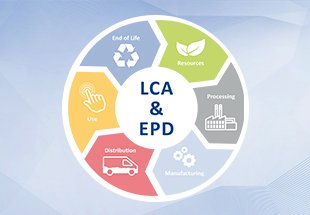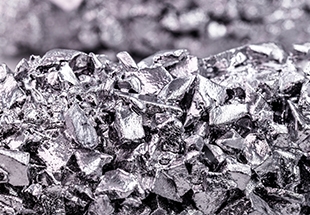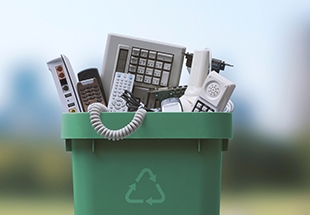Conflict Minerals, Metals and Cobalt
To prevent direct or indirect financing of armed groups, and therefore conflict and violence in the Eastern Democratic Republic of Congo (“DRC”), Section 1502 of the US Dodd-Frank-Act was issued in 2010. The provision requires that certain companies in the US publicly disclose their use of conflict minerals and metals that originated in the Republic of Congo or an adjoining country (Angola, Burundi, Central African Republic, Rwanda, South Sudan, Tanzania, Uganda, Zambia) and report to the SEC (US “Securities and Exchange Commission”). Tin, Tantalum, Tungsten, Gold as well as their derivatives are considered as conflict minerals (often referred to as “3TG”).
These requirements were incorporated into REGULATION (EU) 2017/821 in 2017 and into Regulation 221.433 in Switzerland in 2021, with both legal acts being even broader in scope than the US Dodd-Frank Act. Both the EU and Swiss regulations apply to materials originating from conflict-affected and high-risk areas without specifying the origin to certain countries; Regulation 221.433 additionally aims at the prevention of child labour. All these regulations impose due diligence obligations on certain actors in the supply chains.
Our Conflict Minerals Sourcing Policy
Sprecher Automation is not an addressee of the relevant legal acts and is therefore not legally obliged to fulfil the imposed due diligence obligations, nor is it subject to a direct reporting obligation to the SEC. Nevertheless, we respect and support the protection of human rights and thus also the objectives of the above-mentioned legal acts, in particular that our products do not contain conflict minerals and metals that are mined in conflict-affected and high-risk areas, in order to avoid financing conflicts and violence or promoting child labour.
Sprecher Automation does not process any of the above materials itself. However, some of our suppliers' components contain tin, tantalum, tungsten or gold. To ensure that our products do not contain conflict minerals and metals that have been mined in conflict-affected and high-risk areas, we analyse our supply chain to determine the origin of the materials in question.
By continuously implementing the measures below, we will identify sources of supply and ensure that our economic activities do not directly or indirectly support or finance an exploitative or illegal purpose in conflict-affected and high-risk areas.
In addition to the regulated conflict minerals and metals listed above, the mining of cobalt is also considered highly sensitive, especially with regard to child labour and the existing health and safety conditions. Accordingly, the measures listed above also apply to cobalt mutatis mutandis..
Therefore we
- respect the OECD Due Diligence Guidance for Responsible Supply Chains of Minerals from Conflict-Affected and High-Risk Areas, including COMMISSION RECOMMENDATION (EU) 2018/1149;
-
ommunicate our policy regarding conflict minerals, metals and cobalt;
-
critically examine our supply chain and question it with regard to conflict minerals, metals and cobalt;
-
send mandatory requests to our suppliers, demanding to fill in the CMRT (“Conflict Minerals Reporting Template”);
-
work towards identifying the smelters and sources of 3TG in the products;
-
require our direct suppliers for our SPRECON® products to be conflict-free in this respect;
-
require our direct suppliers for our SPRECON® products to source affected materials exclusively from smelters whose due diligence practices have been validated by an independent third-party audit program;
-
try to support our suppliers to analyse their own sources of supply, so that they more and more have to disclose their sources and the origins of the materials can be identified;
-
exercise due diligence inquiries on our suppliers to investigate the source of these materials;
-
will not discriminate against legitimate sources.
Furthermore
-
The willingness of our suppliers to comply with the due diligence obligations in the supply chains should be a decision-making factor in our procurement.
-
If we receive information that one of our suppliers is not acting in accordance with supply chain due diligence obligations, this may result in negative consequences ranging from a warning to the exclusion of the supplier.

![[Translate to Englisch:] [Translate to Englisch:]](/fileadmin/_processed_/f/1/csm__categoryCompany_TLP_d3be61d433.jpg)

![[Translate to Englisch:] [Translate to Englisch:]](/fileadmin/_processed_/4/9/csm__categoryCompany_packaging_9e3f27ddeb.jpg)
![[Translate to Englisch:]](/fileadmin/_processed_/e/6/csm__categoryCompany_ROHS_c99c52ed7b.jpg)

